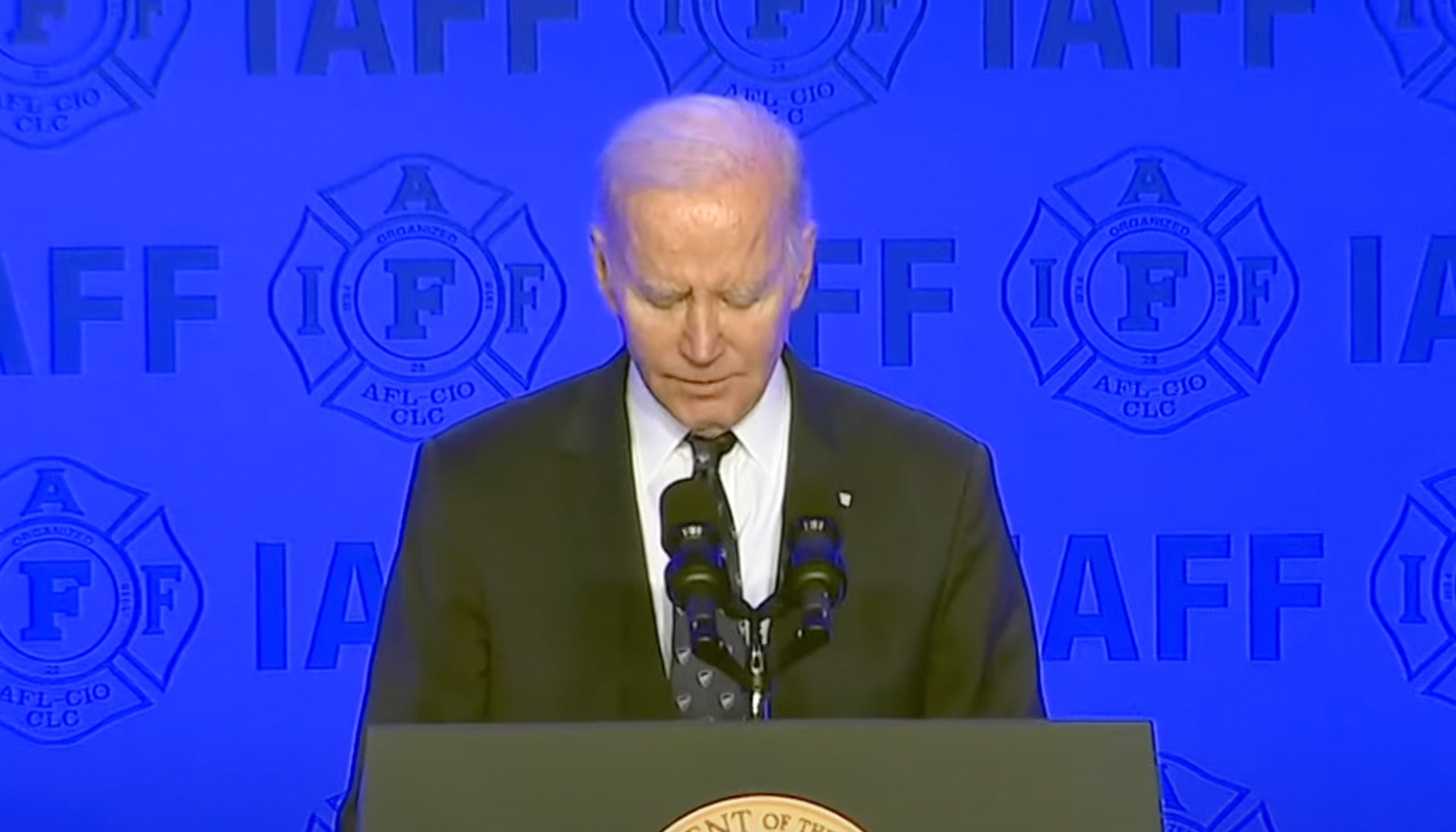New York Appeals Court Revisits Trump's Massive Civil Fraud Case
In a pivotal legal battle, Donald Trump's appeal against a significant civil fraud ruling recently took center stage at a New York appeals court.
An appeals court is currently scrutinizing a civil fraud verdict against Donald Trump, aiming to either uphold or dismiss a reduced fine from an initial hefty penalty nearing half a billion dollars, POLITICO reported.
The case began when a Manhattan trial judge found Trump, along with his adult sons Don Jr. and Eric, and several business associates, guilty of fraudulently inflating asset values to secure better financial deals. This ruling, issued in February, initially threatened to impose severe financial burdens on the former president and his business empire.
Detailed Developments in the Trump Fraud Appeal
The appeals process has brought the case before a panel of New York judges, who are tasked with evaluating Attorney General Tish James's use of a specific fraud statute. The original ruling, which included a substantial financial penalty against Trump and his associates, resulted from this statute.
This scrutiny intensified during the oral arguments, where Associate Justice David Friedman and Associate Justice Llinet Rosado raised concerns about the applicability and historical usage of the statute. They questioned whether the law intended to intervene in private transactions among sophisticated entities.
Furthermore, the panel discussed the broader implications of the fraud, particularly how the inflated valuations could affect the public marketplace. Despite the defense arguing that the deals resulted in no victims or complaints, the judges considered the potential future risks posed by similar fraudulent activities.
Judicial Opinions on Public Impact and Future Risks
Deputy Solicitor General Judith Vale countered the defense's claims by emphasizing the public's stake in maintaining market integrity. She argued that the fraudulent actions indeed had a significant public impact, warranting the enforcement of the statute.
On the other hand, Trump's lawyer, D. John Sauer, argued that since the transactions had not harmed anyone nor drawn complaints, the case lacked the basis for such a severe penalty under the statute. His stance highlighted the defense's view that the fraud charges were overreaching.
Associate Justice Peter Moulton also voiced concerns about "mission creep" in the law, questioning whether the statute was stretching beyond its original intent to encompass cases that it was not designed to address.
Legal Arguments and Perspectives in Trump's Appeal
The court did not reach a decision on the day of the arguments, leaving the legal community and the public in suspense about the outcome of this high-profile appeal. The justices and attorneys underscored the complex nature of using fraud statutes in business dealings among experienced parties.
Moulton further probed the concept of deterrence, suggesting that even if the specific transactions in question had occurred without issue, preventing future fraudulent practices was crucial. He posited that similar actions in the future might not have such benign outcomes, potentially leading to significant harm.
As the legal proceedings continue, the appeals court's decision will have far-reaching implications not only for Trump but also for the regulatory landscape that governs business ethics and fraud in New York.






